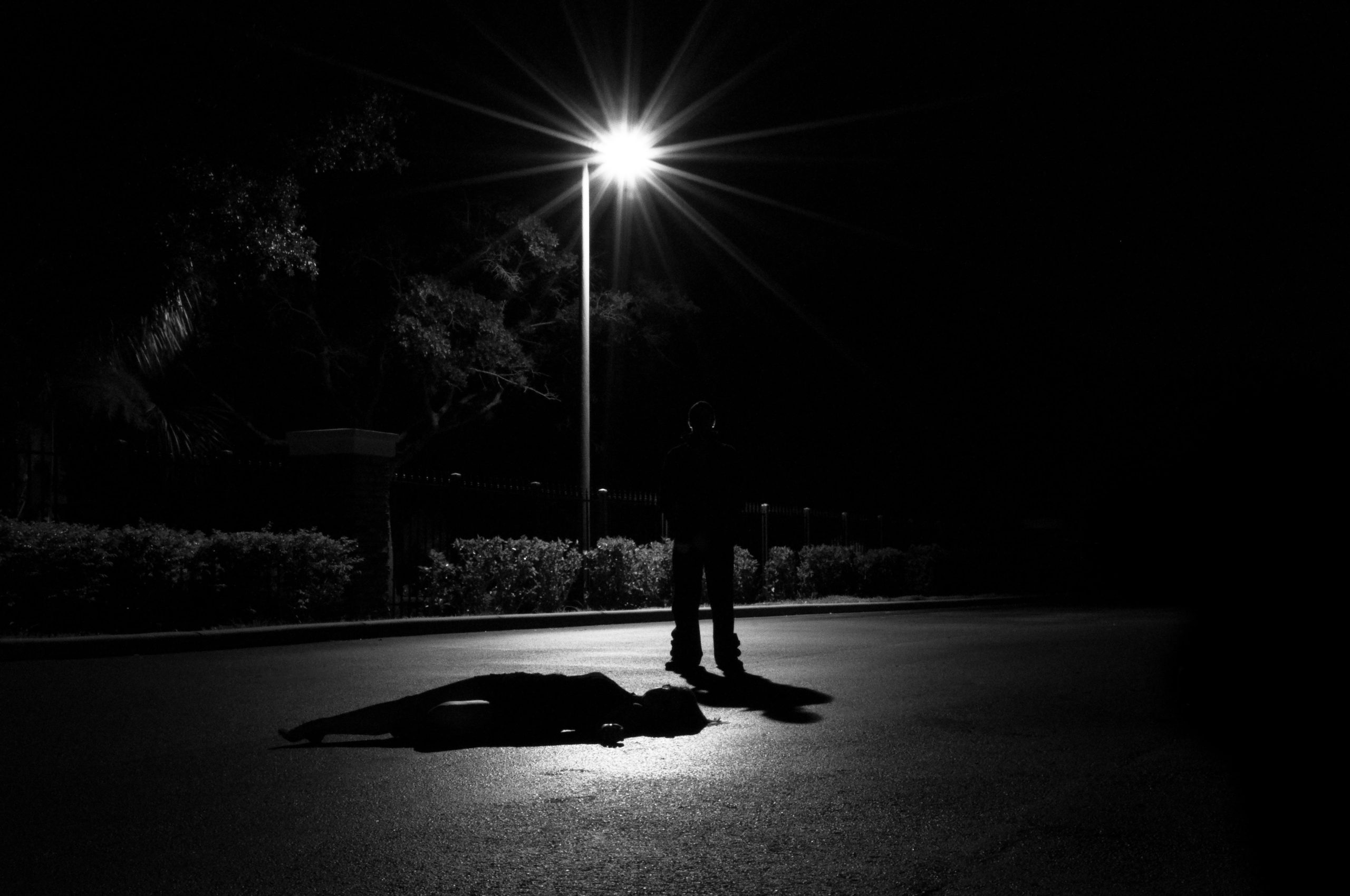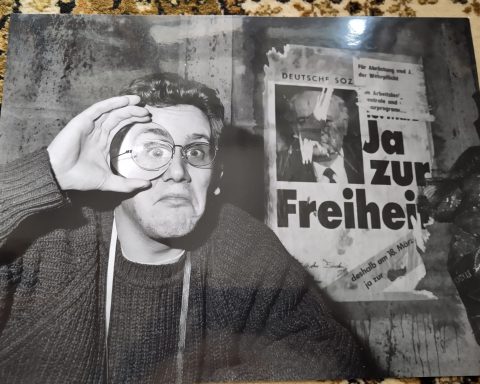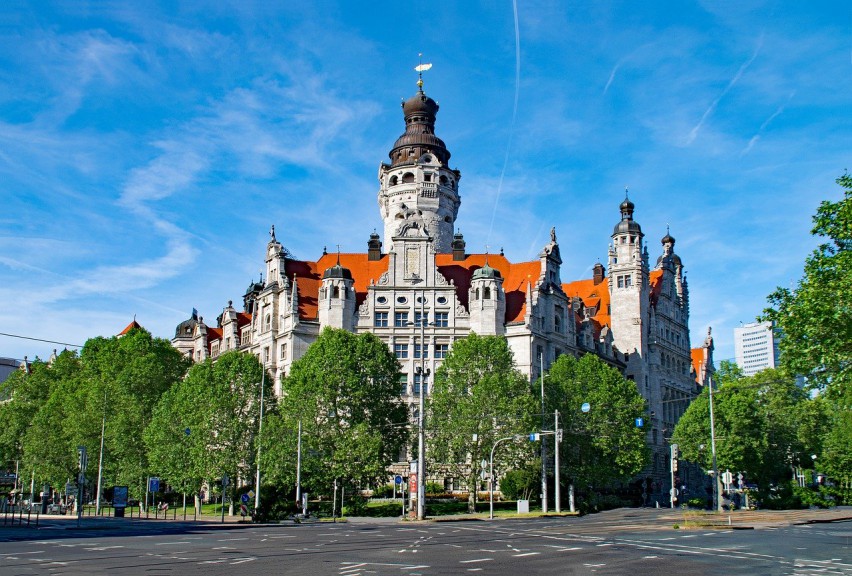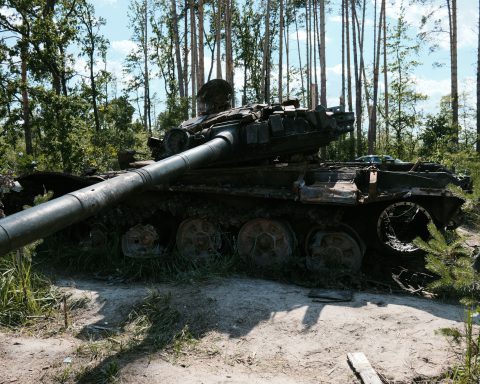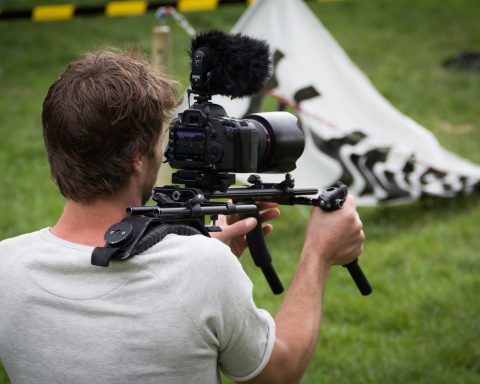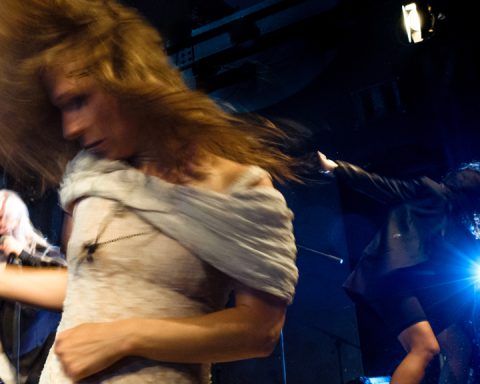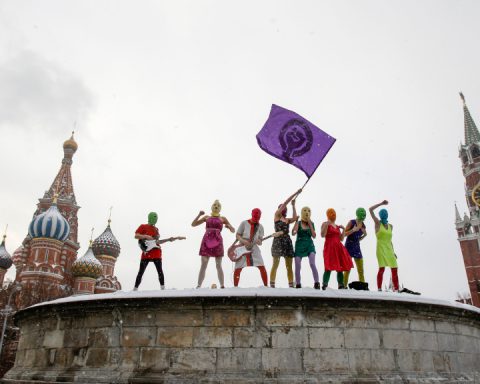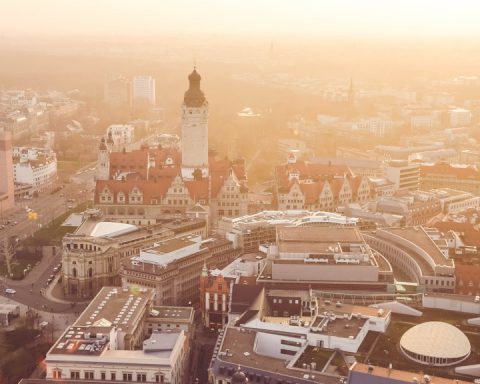Lyra McKee, a young journalist from a mixed background in Belfast, was fatally shot one year ago in Derry. She represented the generation known as the “ceasefire babies” – those growing up after the ceasefire in the 1990s. Between 1969 and the Good Friday Agreement of 1998, 3,700 men, women and children had been slaughtered in Northern Ireland by bombings, shootings and more; hers was “meant to be the generation that reaped the spoils of peace.”
Lyra was shot dead on April 18, 2019, as she was observing rioting in Derry. The New IRA admitted to the murder.
In a crazy world where the coronavirus pandemic has caused European nations to be under lockdown, and where gender equality issues and Brexit have been on the political agenda for so long, the anniversary of Lyra’s murder is a timely reminder to everybody in Ireland about the value of EU membership and the failure of politicians to secure jobs and a future for its young people. It’s a reminder that we cannot take for granted and must do everything within our power to protect the truth.
Lyra’s last article was published posthumously in The Guardian. She wrote about the legacy of the Troubles in Northern Ireland and the peace process. As she described, “the second promise was prosperity. Peace, we were assured, would bring a thriving new economy. It never appeared. It didn’t matter what qualifications you had, the most plentiful work was to be found in call centres, answering or making calls for a minimum wage. They were egalitarian shitholes; middle-class kids with PhDs mixed with kids with no GCSEs, and they all earned the same for doing the same grunt work.”
If you were lucky, the job didn’t come with timed toilet breaks. In the end, most graduates ended up leaving. People who’d been searching for jobs for two years in Northern Ireland would find one within eight weeks in London.
Since the Brexit referendum in 2016 and subsequent negotiations, the complex issues surrounding freedom of movement and cross-border relations in Ireland have gained headline attention.
In June 2019, as Brexit negotiations continued, the European Commission published a mapping exercise on the areas of cooperation between North-South Ireland. The paper states that “North-South cooperation is specific to the island of Ireland and comes under the remit of the Government of Ireland and the Northern Ireland Executive. The cooperation is provided for by Strand Two of the Belfast/Good Friday Agreement.”
The sad irony of this is that arguably during the most important period for the future of Northern Ireland, the Stormont Executive did not sit. Northern Ireland’s political institutions collapsed in 2017 due to the Renewable Heat Incentive scandal, also known as “cash for ash.” Northern Irish journalist Sam McBride’s book Burned covers the inside story of the scandal and has been called “a compelling expose of a system gone rotten.”
The RHI scheme paid 1,200 businesses to switch from oil and gas to what was meant to be environmentally-friendly heating, using wood pellet boilers. However, the subsidy payment was higher than the cost of the fuel, creating an incentive to use the boilers to generate income. The lack of cost controls meant it threatened a massive overspend on the Stormont budget and the financial scandal led to fallout and a three-year political stalemate. As a result, political institutions were only reinstated in January 2020.
The lack of economic and political stability in Northern Ireland has been accompanied by a lasting lack of peace, and the underlying issues would likely not have come to light without the hard-hitting, courageous work of journalists.
Lyra’s killers and the associated dissidents must be brought to justice, and journalists must be protected in the dangerous work they put themselves on the line to do. An attack on a journalist is an attack on truth itself.
Lyra believed in peace, tolerance, and equality – the core values of the European Union, and the exact opposite of those responsible for her murder. Lyra’s violent death is a tragedy beyond her family and friends, as she was a light to so many through her insights into the conflict, advocacy for the LGBTQ community, open-minded spirit, willingness to listen to others, and potential to bring hope to the world.
Marking the anniversary of Lyra’s murder, tributes have been paid worldwide to the promising journalist gone in the prime of her life. Bells rang out in Derry and Belfast on Saturday, and Mass was held in her memory and that of her mother, Joan Lawrie, who died last month. The National Union of Journalists (NUJ) celebrated McKee’s life and legacy the same day, encouraging members and friends to partake in a symbolic virtual commemoration.
The prescient words in Lyra’s last article are devastating: “The third promise the politicians made and broke was the one that hurt the most. It was felt mostly in the areas that had already been ravaged, the ones where the gunmen continued to roam.”
Your children, they’d told our parents, will be safe now. With the peace deal, the days of young people disappearing and dying young would be gone. Yet this turned out to be a lie, too.
Last week, the Police Service Northern Ireland detective leading the murder investigation wrote to residents in the Creggan, where the shooting happened, asking for their help in convicting her killers. Detective Superintendent Jason Murphy said: “Lyra’s murder was not committed in isolation, nor did it involve only one person. The events that led up to Lyra being shot, and the events afterwards, are equally important. I am asking the community to reach into its conscience and tell us what it knows.”
Murphy further noted: “Northern Ireland continues to be the most dangerous part of the UK to be a journalist, threatening press freedom daily. In the year since Lyra’s death, reporters have continued to receive threats of violence and death on a regular basis.”
While decision-making is slow, the European Union is arguably the greatest peace project on Earth. Free speech, free press and media, and a vision of a united future freed from struggles past are core principles which underlie its existence. The reality, however, is that Lyra McKee – a young, gay, female journalist – was killed in an act of terror, that this kind of atrocity is still happening in Europe. We must not forget her name, or forget to demand justice for her.
On April 24, 2019, Lyra’s funeral was held in St Anne’s Cathedral in Belfast. Stephen Forde, the dean of St Anne’s, said that Lyra broke down barriers and reached across boundaries: “This was her hallmark in life, this is her legacy in death.”
The priest, Fr Martin Magill, received a standing ovation for his words: “Why in God’s name does it take the death of a 29-year-old woman with her whole life in front of her to get us to this point?” Addressing a congregation that included a rare gathering of Ireland’s and the United Kingdom’s main political players, he added, “I dare to hope that Lyra’s murder on Holy Thursday night can be the doorway to a new beginning.”
Magill begged the assembled politicians to emulate McKee’s dogged approach to journalism – such as tracking children lost during the Troubles:
“I pray that Lyra’s murder may be the catalyst needed for parties to start talking, to reform that which was corrosive in previous assemblies and to begin anew.”
Today, the Covid-19 virus, a global pandemic which does not recognise borders or religion, is killing thousands and is a powerful reminder of the suffering we all experience in this world. It’s also a reminder that we’ve got a long way to go in bridging gaps for a common purpose.
Northern Ireland has now officially left the European Union. The transition period has been entered, but the anniversary and commemorations of Lyra’s death show that the people of Northern Ireland want a different future – one to look forward to which is about safety, jobs and bright prospects. Lyra’s investigative journalism symbolised this in so many ways, and her fierce bravery in pursuit of the truth of Northern Ireland’s dark history is a political moment which must be seized.

